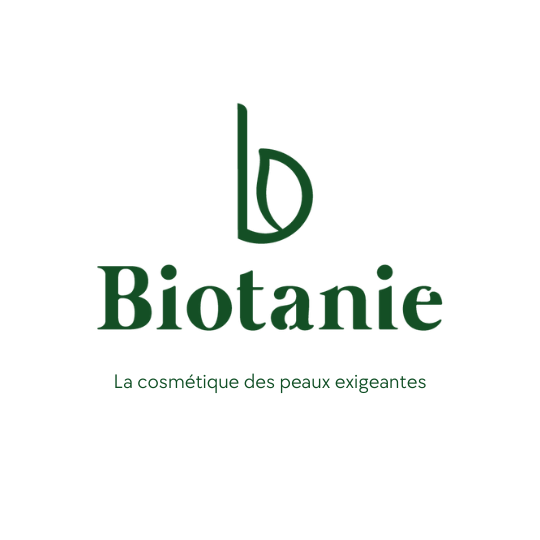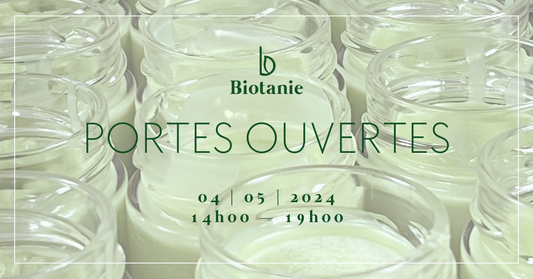You've probably heard this term before, without knowing what it really is. Endocrine disruptors are substances used, among other things, in cosmetics, which can be toxic and which are therefore preferable to avoid. Analysis and explanations accessible to all, by a cosmetics enthusiast!
What are we talking about?
According to the World Health Organization (WHO), endocrine disruptors are “a substance or mixture of substances, which alters the functions of the endocrine system and thereby induces harmful effects in an intact organism, in its offspring or within (sub)populations”. Clearly, these are substances, most of the time chemical , which can modify the hormonal system of a person and their descendants. It is therefore even more important for pregnant women to be vigilant. The problem is that endocrine disruptors are present in many hygiene products such as facial care, shower gel, or even toothpaste. Their multiple presence and in addition over the long term will have a very harmful interaction on the hormonal system .
What are the potential consequences?
The different repercussions of endocrine disruptors are specific to each of them. Even though these substances are increasingly studied, science does not yet fully understand their harmful effects . However, they are still suspected of having harmful effects on fertility , on the development of cancers , particularly hormone-dependent (testicle, breast, etc.). They are also responsible for brain disorders , and play a role in the phenomena of obesity and diabetes .
How do I know if there is any in my products?
Well hidden, and to complicate our task a little, they are hidden in the ingredient lists of products, sometimes under synonyms. Here is a simplified list by category in order to sort and remember only the essentials.
- Parabens , used as preservatives. These are the best known and are found under the names methylparaben, ethylparaben, butylparaben, propylparaben. You should pay attention to the words “paraben-free”, because they can be replaced by methylizothiazolinone, also harmful and very allergenic.
- Silicones , used to create texture. They are more complex to recognize and their name ends with -methicone or -siloxane. Example: dimethicone, cyclomethicone, cyclotetrasiloxane, cyclopetasyloxane.
- Phenoxyethanol , used as a preservative. It is easy to recognize because its name does not change in the ingredient lists.
- Triclosan , used as an antibacterial. Also easy to recognize, it does not change its name.
- Phthalates , used as fixing agents. They are mainly found in synthetic perfumes. They are called benzylbutyl phthalate, dibutyl phthalate, diethyl phthalate.
- BHA , used as an antioxidant preservative. It is rarely present but classified as a “possible carcinogen”. It is called butylated hydroxyanisole.
- BHT , used as an antioxidant to replace BHA but is also suspected of creating hormonal imbalances. Its name in the list of components (INCI) does not change.
- Alkylphenols , used as emulsifiers. They are found under nonylphenol, nonoxynol.
- Lilal , used as perfume. It is found under butyl phenyl methylpropional.
- Chemical UV filters , used as a UV filter. They are not only present in sunscreen products but also in day creams, lip sticks, complexion makeup products, etc. They are found in ethylexhyl methoxycinnamate, benzophenone-1, 2, 3 or 4, methylbenzylidene camphor.




